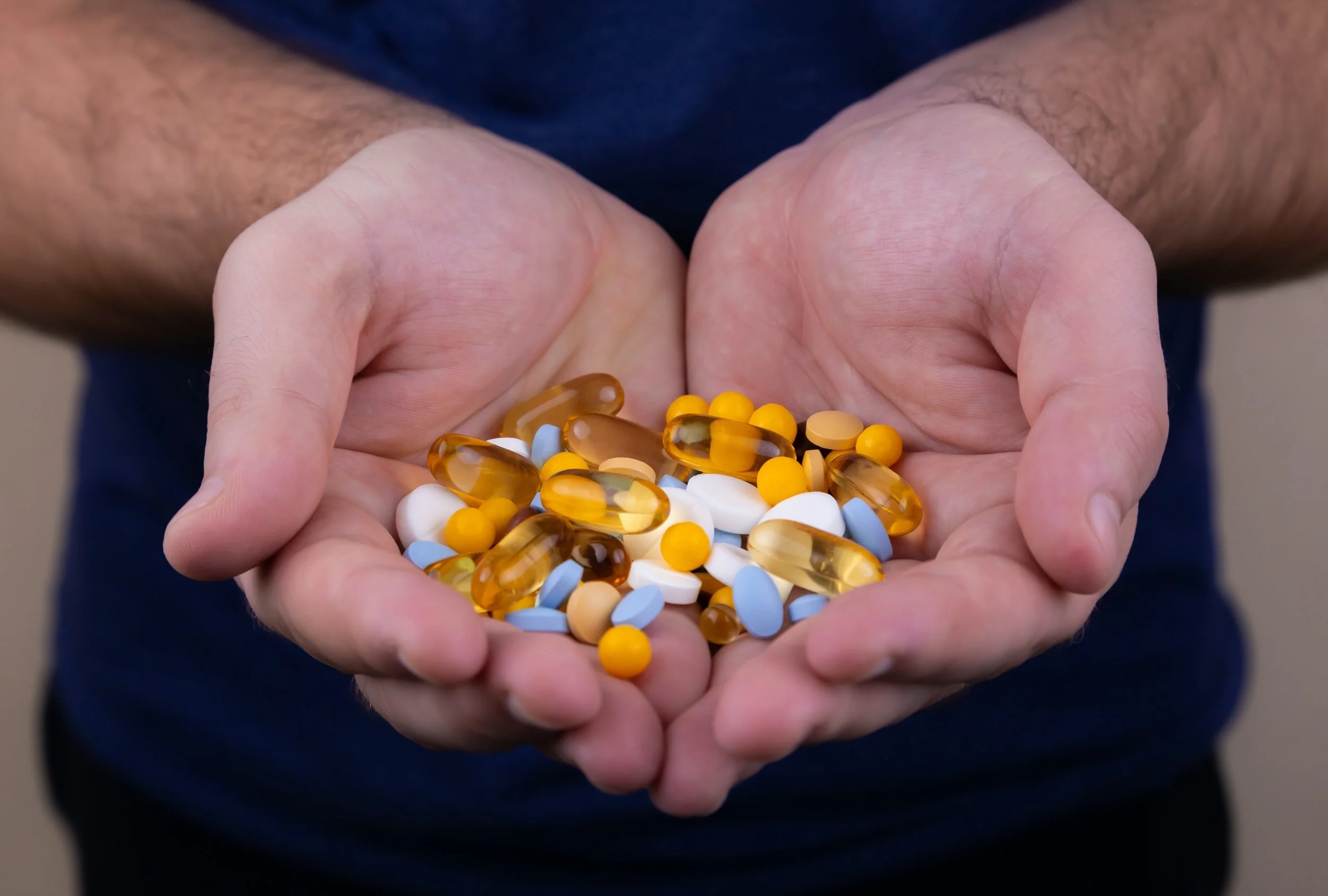Synthetic biology solutions for fighting the threat of infectious diseases
“The twenty-first century has witnessed a wave of severe infectious disease outbreaks, not least the COVID-19 pandemic, which has had a devastating impact on lives and livelihoods around the globe.”
Our world has entered a new era of infectious diseases, where emerging, re-emerging, and endemic pathogens spread quickly, aided by increased international air travel and global warming.
At iGEM, teams are tackling infectious diseases by using the tools of synthetic biology to reduce disease transmission, prevent future epidemics and pandemics, and save lives.
Here are some examples of iGEM team projects that address the threat of infectious diseases:
Slovenia 2008 (Slovenia) developed designer vaccines to activate both the innate and acquired immune response to Helicobacter pylori, a bacterium that infects almost half of the world's population, causing gastritis and contributing to gastric malignancies. Grand Prize Winner, Best Health or Medicine Project, Gold Medal, Undergrad Division.
NYMU-Taipei 2009 (Taiwan) designed “ViroCatcher” – genetically modified bacteria that can bind and remove many kinds of viruses from the blood stream. Bronze Medal, Undergrad Division.
EPF_Lausanne 2010 (Switzerland) aimed to defeat malaria by engineering a bacterium naturally present in Anopheles mosquitoes that can prevent the malaria-causing parasite from infecting the mosquito, and in turn prevent the transmission of the parasite to humans. iGEMers Prize, Gold Medal, Undergrad Division.
St_Andrews 2010 (United Kingdom) developed a potential treatment for Vibrio cholerae infection by engineering E. coli that colonize the human gut and secrete the autoinducer, CAI-1, causing the cholerae bacteria to become avirulent and leave the body naturally. Gold Medal, Undergrad Division.
Uppsala_University 2012 (Sweden) uncovered new knowledge about bacterial regulatory mechanisms that can be used to turn resistant bacteria sensitive to classic antibiotics. Gold Medal, Undergrad Division.
HZAU-China 2013 (China) aimed to prevent human rabies by vaccinating dogs to block flea-borne transmission of Yersinia pestis. Gold Medal, Undergrad Division.
USTC_China 2013 (China) developed “T-vaccine” – a biological transdermal vaccine patch, which provides a revolutionary vaccine delivery method that can be used in resource poor countries where traditional vaccines are impractical. Gold Medal, Advance to Championship, Undergrad Division.
UNA_Honduras 2015 (Honduras) designed synthetic proteins that can produce an immunological response against all 4 serotypes of the dengue virus. Undergrad Division.
Peking 2015 (China) developed a novel system for detection of Mycobacterium tuberculosis, using a paired dCas9 reporter together with a portable, affordable, and easy to use electronic device for use by local medical workers. Nominated for Best Health and Medicine Project, Gold Medal, Undergrad Division.
UI-Indonesia 2016 (Indonesia) engineered a vaccine backbone that could give rise to new, safer and more potent DNA vaccines for HIV. Bronze Medal, Undergrad Division.
Oxford 2017 (United Kingdom) designed two cell-free systems - one DNA based and one protein-based - to detect a protease, cruzipain, that is secreted by the parasite Trypanosoma cruzi – the cause of Chagas disease. Best Diagnostics Project, Gold Medal, Undergrad Division.
Hong_Kong-CUHK 2018 (Hong Kong) developed a cell-free, rapid RNA-based influenza diagnostic system, together with a user-friendly kit, that could allow users to quickly determine their infection status using nasal fluid. Gold Medal, Undergrad Division.
UCSC 2019 (United States) developed a method to improve the heat stability of vaccines by using the Newcastle disease vaccine as a model. Silver Medal, Overgrad Division.
NYU_Abu_Dhabi 2019 (United Arab Emirates) engineered “Volatect” – a non-invasive diagnostics technology platform that incorporates rapid DNA amplification and detection technologies with a microfluidic system and integrated database for effective management of communicable diseases. Nominated for Best Diagnostics Project, Silver Medal, Undergrad Division.
TAS_Taipei 2020 (Taiwan) engineered “Viral Spiral” – a novel, widely applicable viral diagnostic test that uses a modified version of rolling circle amplification for sensitive, specific, direct RNA targeted, colorimetric and operable at room temperature. Grand Prize Winner, Best Education, Best Measurement, Best Software Tool, Gold Medal, High School Division.
NEFU_China 2021 (China) developed a G-quadruplex-based, highly specific, expedite and economic RNA virus detection system using SARS-CoV-2 as an example. Best Diagnostics Project, Gold Medal, Undergrad Division.
IISER-Pune2_India 2022 (India) designed an engineered antibody fragment that checks all boxes of an ideal therapeutic against Dengue: pan-neutralizing, potent, does not cause ADE, has adequate half-life and is cheap. Top 10, Nominated for Best Therapeutics Project, Gold Medal, Undergrad Division.
Uni-Padua-IT 2023 (Italy) engineered “PASTA” – Phage Assisted Silencing Tool Against antimicrobial resistance. Nominated for Best Therapeutics Project, Gold Medal, Undergrad Division.
We are proud of all the iGEM teams that have used the tools of synthetic biology to tackle the threat of infectious diseases, and look forward to seeing even more progress by this year’s teams!
See the latest synthetic biology solutions for infectious diseases at the 2024 Grand Jamboree Infectious Diseases Village.
iGEM Teams should submit final Village selections by June 21, 2024. competition.igem.org/deliverables/village-selection
Related Posts:
Cover Image by @itskyleaustin on Unsplash.











